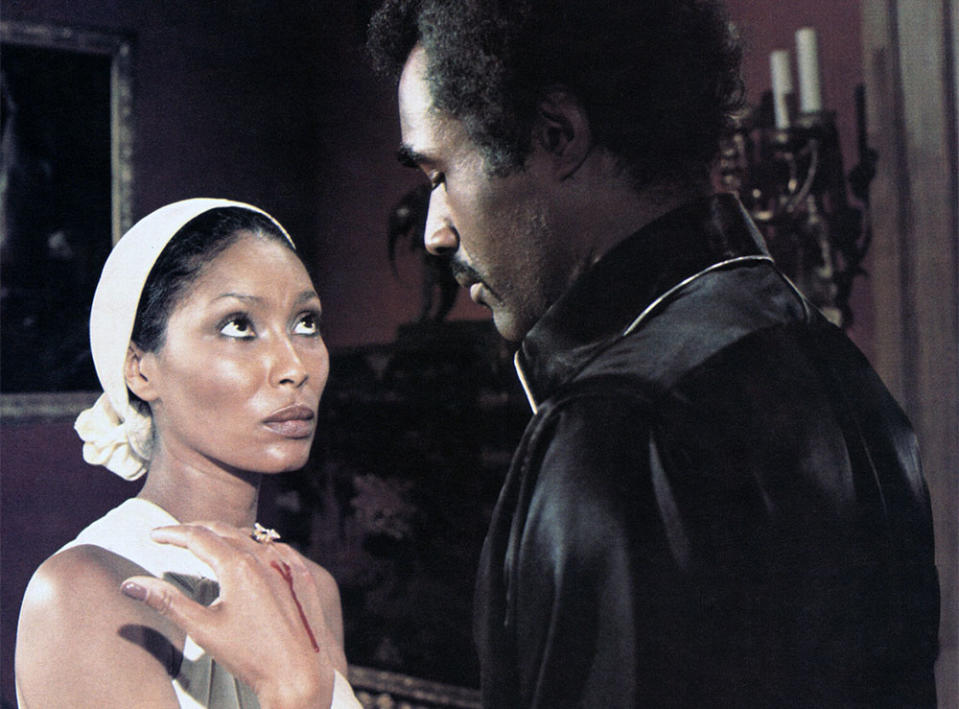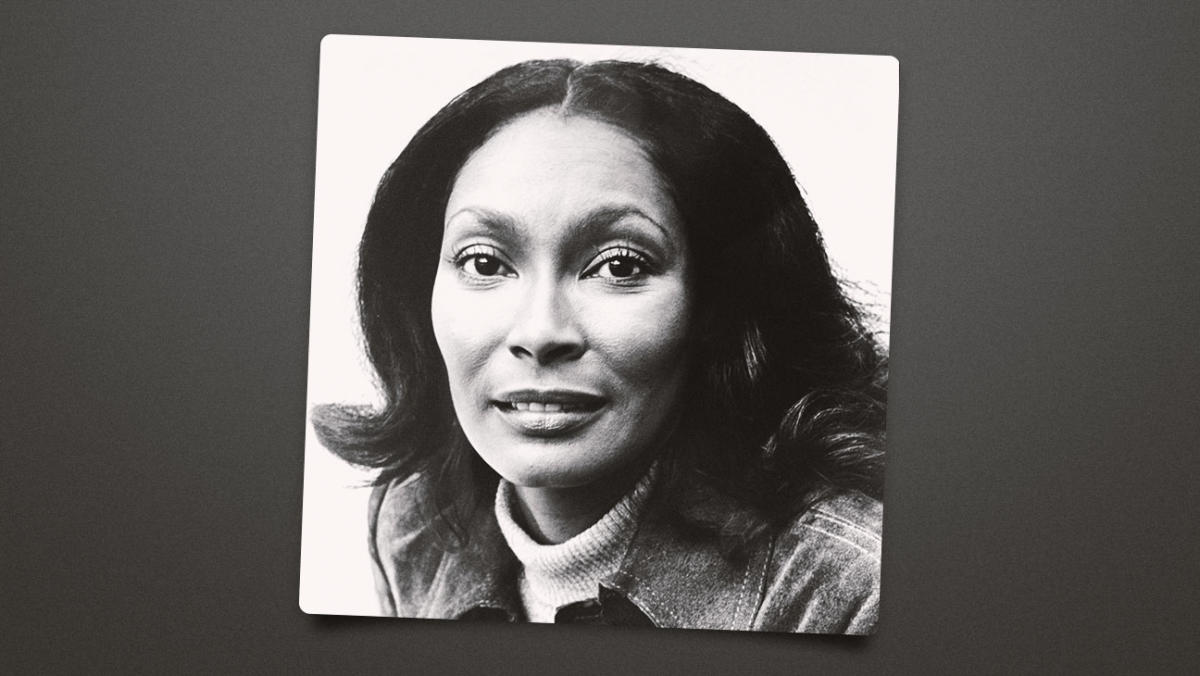Marlene Clark, the statuesque actress who portrayed Lamont’s fiancée on Sanford and Son and stood out in such 1970s’ films as Ganja & Hess, Switchblade Sisters and Slaughter, has died. She was 85.
Clark died May 18 in her home in Los Angeles, her friend Tamara Lynch announced. No cause of death was revealed.
More from The Hollywood Reporter
Clark also starred as a reptilian seductress in Roger Corman’s Night of the Cobra Woman (1972) and as one of the suspected werewolves in the British horror film The Beast Must Die (1974), and she was an early victim in the Larry Hagman-directed Beware! The Blob (1972).
Clark played John Saxon‘s secretary in Enter the Dragon (1973), starring Bruce Lee, and her big-screen body of work also included Black Mamba (1974), Newman’s Law (1974), Lord Shango (1975) and The Baron (1977), where she appeared opposite her Beast Must Die onscreen husband, Calvin Lockhart.
In the surreal Ganja & Hess (1973), directed by Bill Gunn, Clark sparkled as a widow named Ganja who is turned into a vampire by Dr. Hess Green (Duane Jones), an anthropologist turned immortal bloodsucker. He eventually gives up that way of life, but she soldiers on. The movie played as the only American entry in the Critics Week sidebar at the Cannes Film Festival that year.
“There are so many levels to her personality,” she said of her character in a 2000 Temple of Schlock interview. “She’s such a collection of contradictions. Playing that part was very rewarding.”
Clark portrayed a government agent in the Jim Brown-starring Slaughter (1972) and Muff, the leader of an all-female Black gang aiming to derail murderous drug dealers, in Switchblade Sisters (1975), directed by Jack Hill.
She then recurred as Janet Lawson, the love interest of Demond Wilson’s character, on six episodes of NBC’s Sanford and Son from 1976-77. Lamont’s pop, Fred Sanford (Redd Foxx), does not approve of them getting engaged at first, but he comes around.

Born in Harlem on Dec. 19, 1937, Clark often spent her summers in West Virginia, the birthplace of her mother.
She attended Morristown Junior College in Tennessee and City College in New York and worked as a model before making her film debut in For Love of Ivy (1968), starring Sidney Poitier.
Clark followed with parts in John Schlesinger’s Midnight Cowboy (1969), Robert Downey Sr.’s Putney Swope (1969) — she was a topless flight attendant in a spoof of an airline commercial in that — and Hal Ashby’s The Landlord (1970), co-written by Gunn.
Gunn hired her for his directorial debut with Stop! (1970), but the film was given an X rating, shelved by Warner Bros. and not seen for years.
“Most of the movies I starred in didn’t come out when they were supposed to or never came out at all — and if the movies aren’t going to be released, the studios aren’t going to do anything to promote them,” she said. “So you miss out on all that publicity that can lead to other jobs.”
Clark, though, managed to find work on episodes of Marcus Welby, M.D., Bonanza, Mod Squad, McCloud, The Rookies, Barnaby Jones, Flamingo Road, Highway to Heaven and Head of the Class before leaving acting in the late 1980s.
While still acting, she opened her own clothing store on Melrose Avenue in the ’80s and then became the manager of Hal’s Bar & Grill in Venice Beach.
“For 15 years she curated a bustling restaurant scene where underground artists mingled with locals and the stars of film and television,” Lynch said. “She had a vision of culinary excellence coupled with dynamic professional service and would lay out the blueprint for the glamorous L.A. restaurant scene brilliantly casted with her discerning eye.
“Marlene’s style was impeccable. She loved fashion, food and acting. Her large, full laugh that could fill a room will be missed. She leaves behind friends and family that will forever be grateful for her grace, love and beautiful heart. Marlene was one of our finest examples of Black beauty.”
She was the second wife of actor Billy Dee Williams (they were married from 1968-71), and they appeared together in the 1970 NBC telefilm Lost Flight.
Best of The Hollywood Reporter

